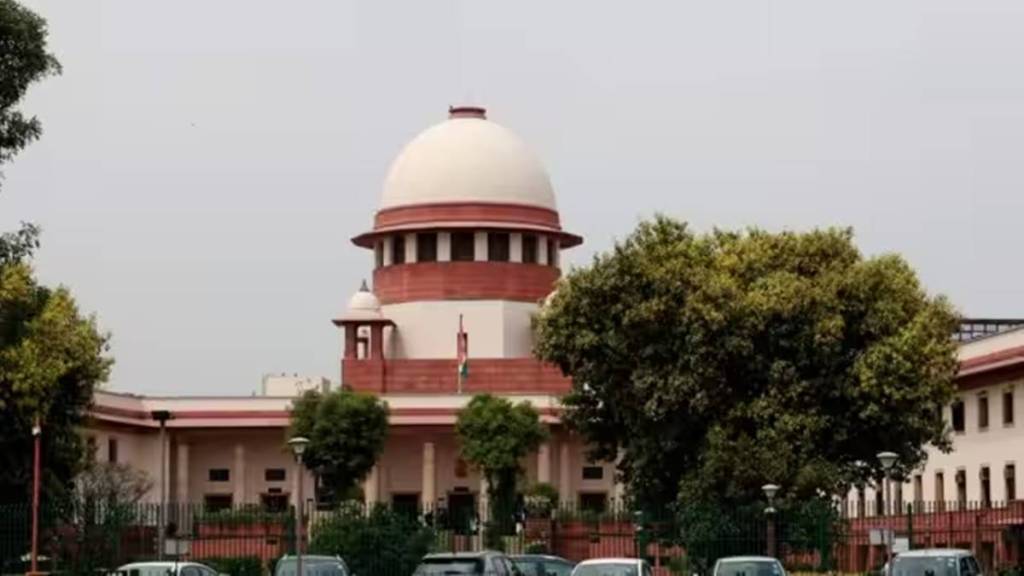The Supreme Court is likely to pronounce its verdict on the legal recognition of same-sex marriages on Tuesday. A bench led by Chief Justice of India DY Chandrachud comprising Justices SK Kaul, SR Bhat, Hima Kohli and PS Narasimha had reserved the verdict following marathon daily hearings on a batch of pleas in May this year.
As many as 18 same-sex couples had filed petitions before the Supreme Court seeking legal recognition of their relationship with the legal and social status of marriage. The petitioners argued that marriage brings with it several rights, privileges, and obligations that are “bestowed and protected by the law”.
Also Read: Same-Sex Marriage Verdict Live Updates: Supreme Court’s judgment on marriage equality case shortly
While the Delhi Commission for Protection of Child Rights (DCPCR) backed the recognition of same-sex marriages, respondents including the central government, the NCPCR, and the Jamiat-Ulama-i-Hind, opposed the petitions.
What petitioners argued before Supreme Court
The petitioners had argued in the course of hearings that India is a “marriage-based” culture and that LGBT couples should be granted the same rights as any heterosexual couple. The petitioners also cited the issues in financial, banking and insurance issues, medical and end-of-life decisions, inheritance, succession, and even adoption and surrogacy in the absence of a ‘spouse’ status.
Also Read: Legal cover to same-sex marriage will shake India’s cultural roots, RSS body writes to Supreme Court
Citing provisions of the Indian Constitution, the UN Human Rights Declaration and the right against discrimination, and various international conventions and laws passed in other countries giving equal rights to LGBTQIA persons, the petitioners have sought recognition under the Special Marriage Act, registration of “marriage” under the SMA as well as the Foreigners Marriage Act, in cases where one of the partners is a foreigner.
Where do the Centre and states stand?
The central government as well as some states have rejected the argument put forth by the petitioners that the sociolegal concept of “marriage” is inherently connected to religious and cultural norms.
Also Read: No absolute concept of man or woman: CJI Chandrachud during same-sex marriage hearing
They have also called for a wider national and social debate on the issue, stating that same-sex marriage falls under the purview of personal laws and only Parliament has the competence to decide on such issues.

